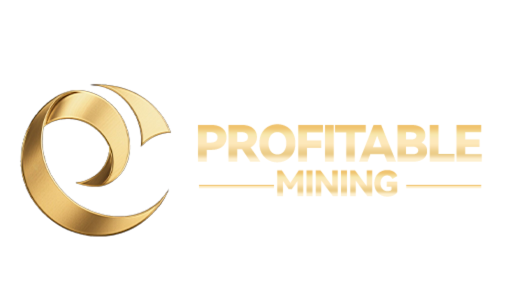TON Foundation Introduces Society DAO to Transform Network Governance

TON Foundation, the organization behind Telegram's blockchain network, launched Society DAO - a new governance framework to decentralize its $12.5 billion ecosystem. Four major entities will lead TON's development under the new model: TON Core, TON Society, Wallet in Telegram and TON Studio. The foundation announced these changes on November 1 as TON's user base reached 20 million members.
TON Foundation's new Society DAO splits power between four founding members. TON Core handles blockchain development and upgrades, TON Studio manages developer tools and support, TON Society runs community operations, while Wallet in Telegram leads payment adoption across Telegram's 950 million users.
The DAO targets two main problems in the network's growth. First, projects relied too heavily on the foundation for funding and resources. Second, the centralized structure limited competition between developers and services.
"Many founders have relied heavily on the foundation for success, as it often serves as a central hub for capital," said Steve Yun, TON Foundation president.
To fix this, Society DAO created an open-source capital system where projects earn resources by meeting specific performance metrics.
The foundation will support the DAO through grants and compliance oversight while stepping back from direct control. New teams can join Society DAO by proposing projects in areas like marketing, app development, DeFi and identity verification. All proposals must align with TON's goal to bring cryptocurrency to mass adoption.
The DAO set three initial targets for 2025:
- Position TON as the main platform for real-world crypto use cases
- Build the most stable and scalable blockchain network
- Expand developer and user bases in super app markets
Addressing Centralization Concerns
The TON ecosystem faced centralization risks as projects sought foundation backing to succeed. Jack Booth, TON Society co-founder, points to a pattern where teams focused more on securing foundation support than building products.
"Our mission is mass adoption. We need to make blockchain technology scalable and user-friendly by removing barriers for both users and developers," Booth said. The Society DAO model tackles this through two key changes.
First, it introduces open competition rules. At least two projects must operate in each category - from DeFi protocols to wallet services. This prevents single-player dominance and creates backup options if one project fails.
Second, the DAO replaced private funding rounds with public resource allocation. Projects now earn support by hitting measurable targets, visible to all participants. The foundation tracks these results through on-chain badges, with over 3.6 million users already earning recognition for ecosystem contributions.
By January 2025, Society DAO will publish its key initiatives and expected results for H1 2025. A new debate platform will let badge holders vote on decisions, adding another layer of decentralization. The system uses TON Society's on-chain reputation system to weigh community input.
TON Merges Two Wallet Systems to Boost Mass Adoption
TON Space, a self-custody crypto wallet, moves out of beta to merge with Wallet in Telegram's custodial service. Since its beta launch in September 2023, TON Space attracted 100 million users, proving demand for self-managed crypto storage on Telegram.
"We want TON Space to become a gateway for the entire TON ecosystem," said Andrew Rogozov, The Open Platform CEO. "By giving Telegram's 950 million users direct access to decentralized applications on TON, we take the first step toward mass adoption."
Users can now choose between standard custody through Wallet in Telegram or self-custody via TON Space. This dual approach lets newcomers start with familiar banking-style services, while experienced users maintain full control over their digital assets.





